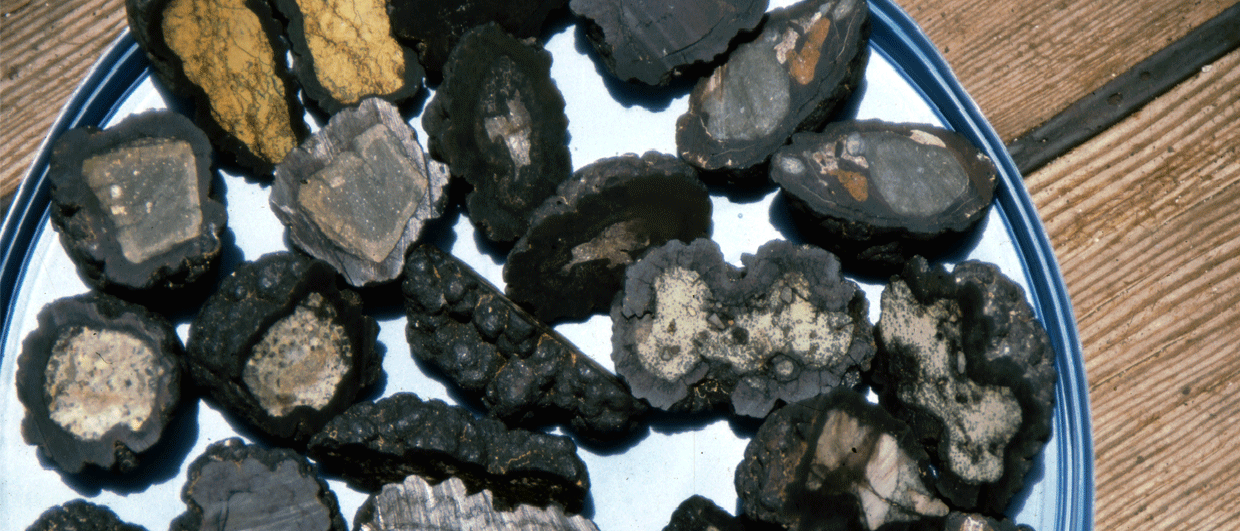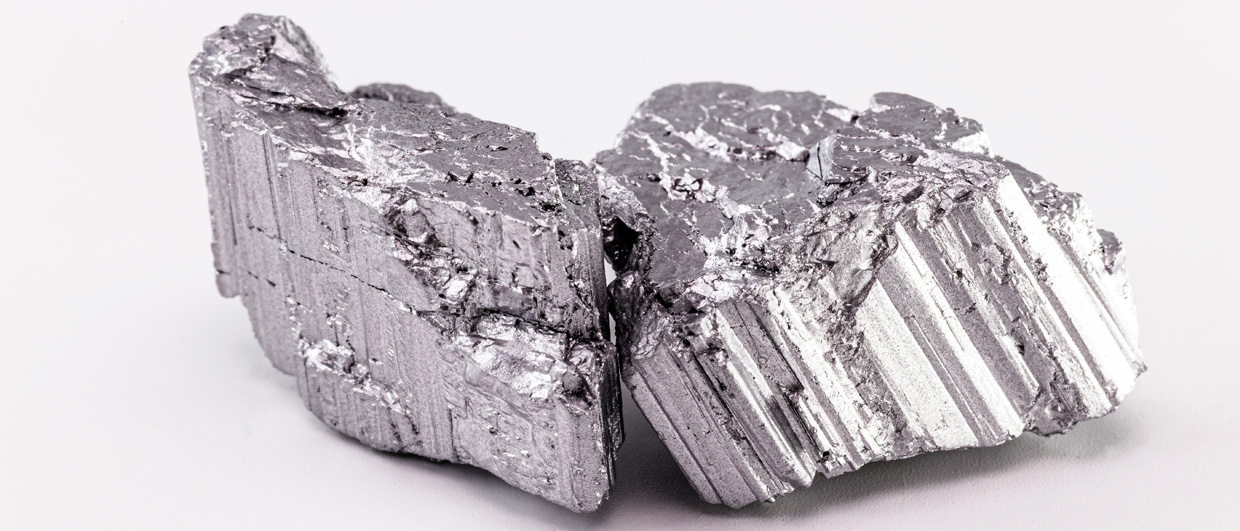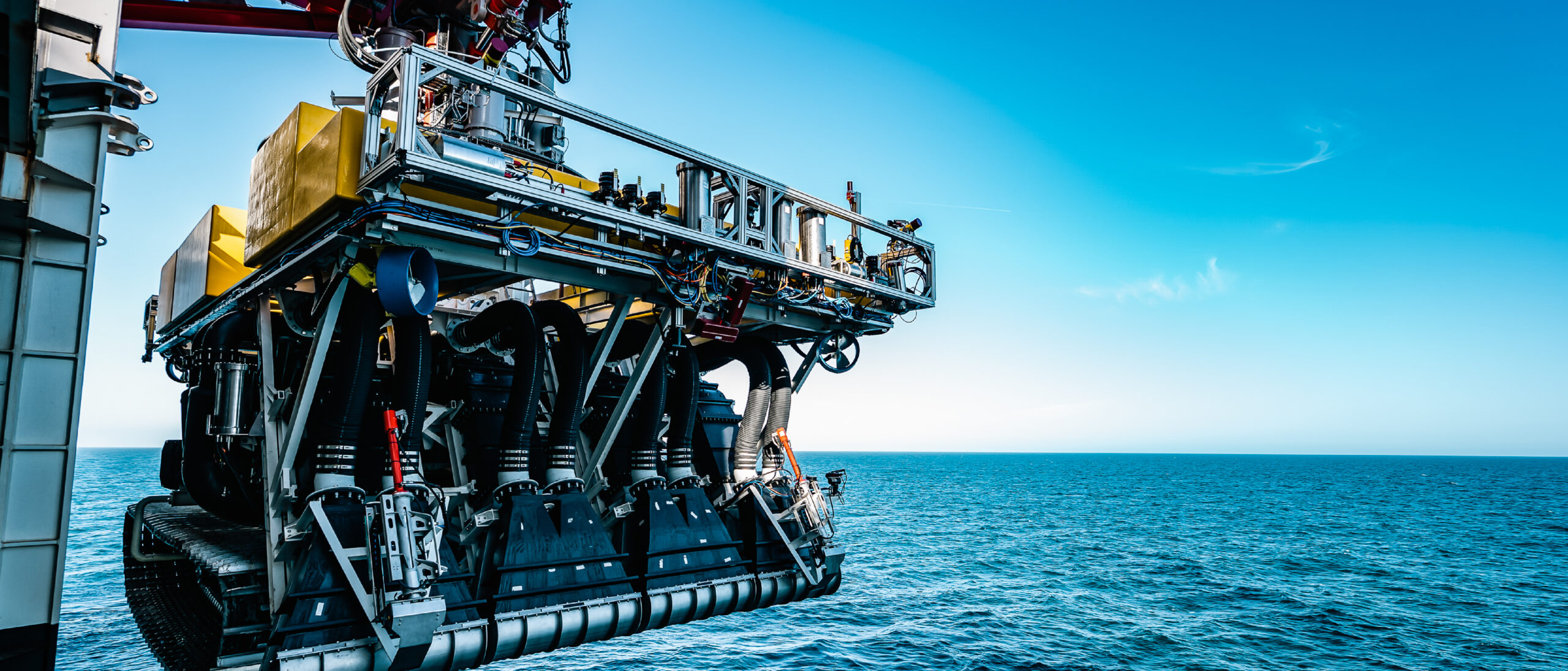On Sunday 1 December, the results of the national budget negotiations were presented. The Socialist Left Party won approval to stop the upcoming licensing round for seabed minerals.
It was originally expected that the first licenses would be awarded to private companies in the first half of 2025.
With the surprising turn in the budget agreement, the licensing round has now been postponed indefinitely.
At times, there has been a polarising debate about whether Norway is ready to open up for exploration and possible future extraction of the marine mineral resources.
By the deadline for submitting input to the Ministry of Energy’s proposal on which areas should be included in the first licensing round, 72 consultative bodies had submitted their views.
The proponents of the opening process understand the importance that mineral resources in the deep sea can play in a geopolitical perspective and for the green shift, while at the same time this can become a new industry for our country. Opponents are concerned about the consideration of the environment and biodiversity.
Nevertheless, most of the consultative bodies seemed to be able to agree on one thing: that more knowledge about the environment and ecosystems, geology and resources, and the choice of technology is necessary.
The government and the industry are among those who believe that a step-by-step opening process in which commercial actors can help collect the necessary data would be the best approach to ensure a solid knowledge base.
Now that the government parties and the Socialist Left Party have agreed on a halt to the opening process, it is the gathering of knowledge that will suffer. We can probably expect that research and data collection will continue under the auspices of the state, but at a slower pace compared to what would only have been done if the exploration companies could also have started exploration activities.
Sticking to 2026 targets
Green Minerals, which is the only Norwegian marine mineral company listed on the stock exchange, states in a press release that it expects the first licensing round to be postponed for up to 12 months. It nevertheless maintains its goal of starting its exploration activities in 2026.
In conclusion, the company writes that it will accelerate the letter of intent regarding the acquisition of a license in the Clarion-Clipperton Zone in the Pacific Ocean. Green Minerals has previously stated that the licence holds 200 million tonnes of ore in nodules, based on existing exploration data.





